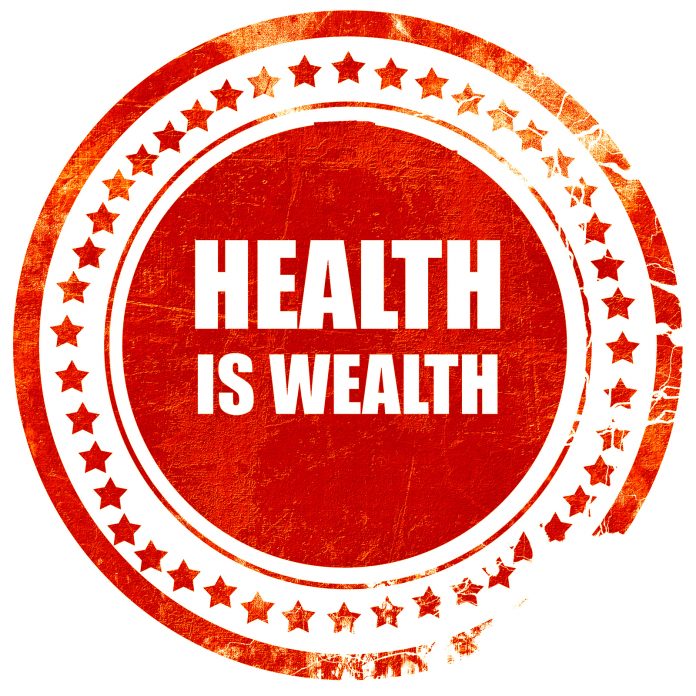Heart disease is a household name, with someone in almost every family suffering from it in some way, shape or form. True, great progress has been made over the last six decades to tackle cardiovascular issues and improve the lives of those who suffer, but we’re simply not quite where we need to be yet. According to the Heart and Stroke Foundation, 1.3 million Canadians are living with heart disease.
Heart disease is not one specific illness, but rather refers to a group of conditions that affect the structure and function of the heart. These conditions include angina, cardiac arrest, heart attack, coronary artery disease and enlarged heart, to name a few.
Seniors are particularly susceptible to heart conditions due to the natural course of aging. As you age, changes in the heart and blood vessels occur. The heart begins to pump slower and can grow bigger in size. The heart muscle cells degenerate slightly. As a result, more care needs to be taken to keep you healthy. Heart disease is a serious issue.
Heart Disease Prevention
The numbers sound scary, but there are ways to prevent and manage a heart condition. According to the Heart and Stroke Foundation, by adapting healthy behaviours into your lifestyle, you can delay the onset of heart disease by up to 14 years.
Follow these guidelines:
- Live smoke-free
- Get moving and keep as physically active as you can
- Maintain a healthy diet
- Limit your alcohol consumption
- Reduce stress
- Keep diabetes and high blood pressure in check
- Keep your physician abreast of any changes to your health
Heart Disease Warning Signs
Each type of heart condition requires different treatment, but may share similar warning signs. Learning to recognize the signs of heart failure can help save your life, or the life of someone you love. It’s easy to pass things like growing fatigue and dizziness off as natural signs of aging, but don’t ignore what could be progressive heart disease.
Accordingly to the Canadian Heart and Stroke Foundation
The signs of cardiac arrest, heart attack and Sudden Arrhythmia Death Syndrome (SADS) include:
- Chest discomfort
- Extreme fatigue
- Sweating
- Shortness of breath
- Nausea
- Feeling light-headed
- Feeling discomfort in the upper body
The Canadian Heart & Stroke Foundation website www.heartandstroke.on.ca suggests that if you are experiencing any of these symptoms, don’t hesitate to get medical attention. Even if you think it may be nothing, it’s important to act fast. Call 9-1-1 immediately or have someone dial it for you if you cannot. In the meantime, cease activity and rest until help arrives. Chew and swallow one 325 mg or two 81 mg adult tablets of ASA (Aspirin). If you have any allergies to this medication, do not take it. This can help prevent blood clots from forming in the arteries and can be a life-saving measure if you are having a heart attack.
Remember to make your health an absolute priority. For caregivers, this is especially important, as looking after yourself as well means you are in good shape to care for your loved one. Let’s fight heart disease!
This article is intended for informational purposes only. Please consult your health practitioner for more information about heart disease and seek medical attention if you experience any of the symptoms mentioned in this article.




























